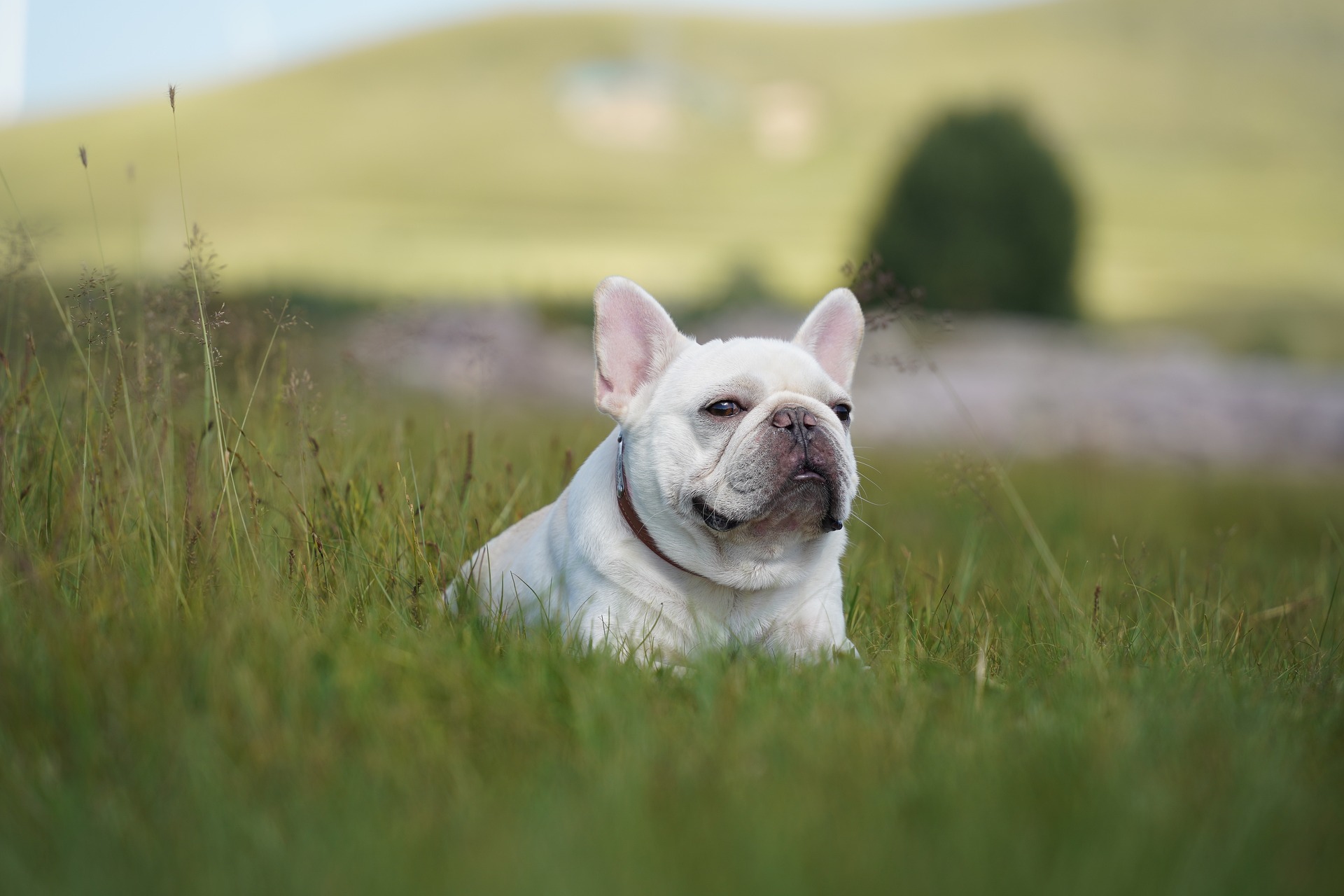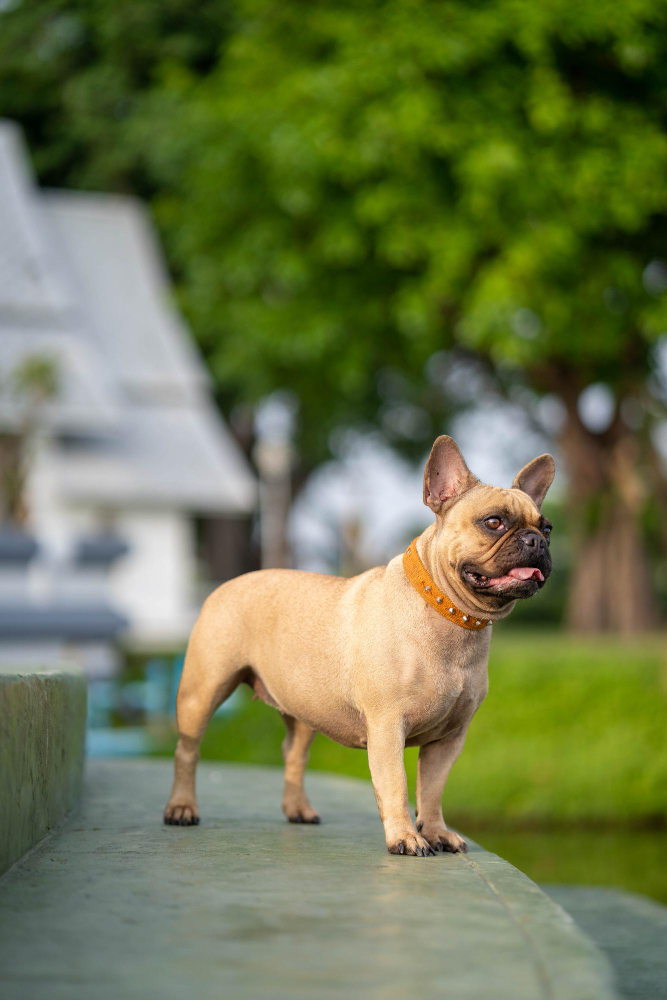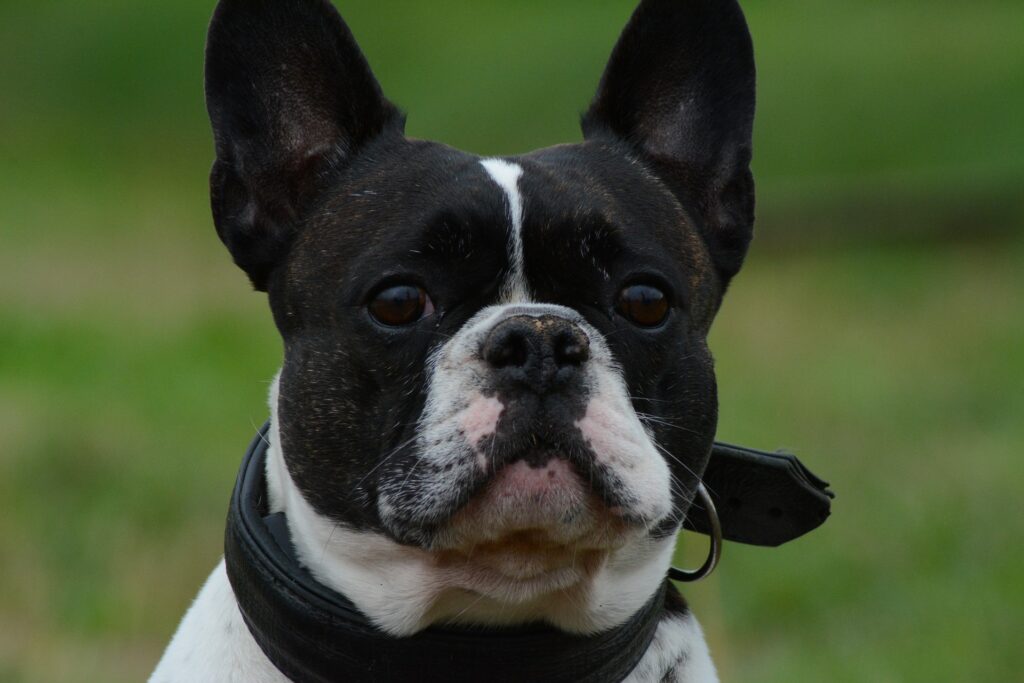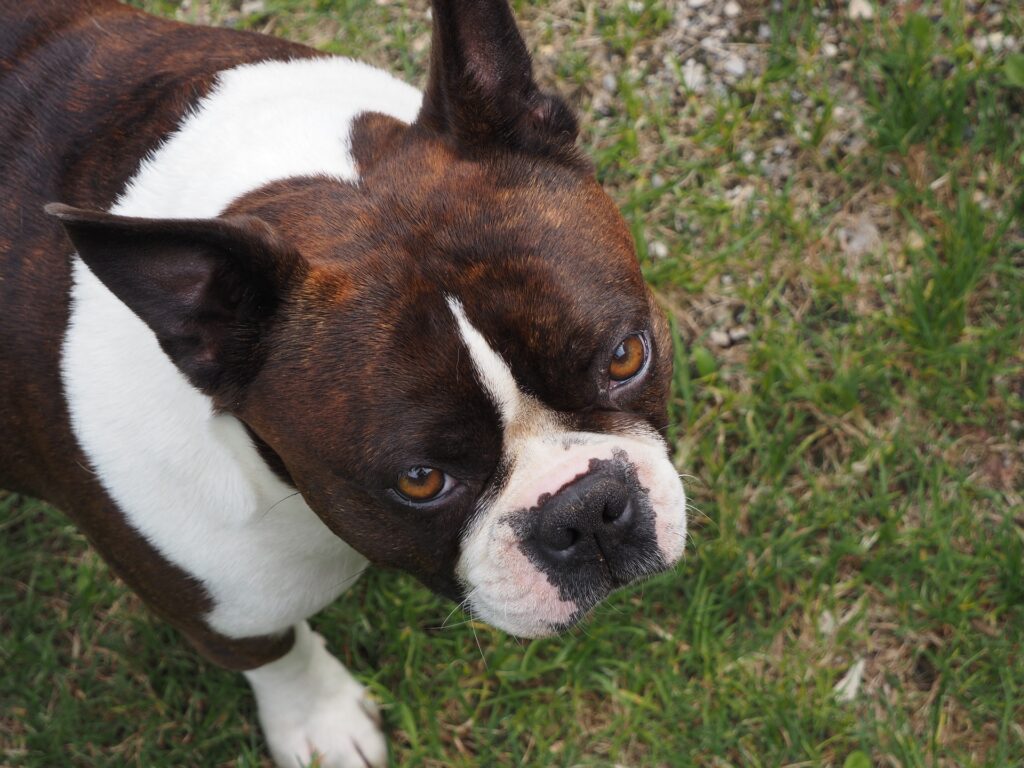Deciding when to neuter your French Bulldog is an important decision that will have long-term effects on your dog’s health and behavior. If you’re still having a dilemma about the neutering procedure, then this blog post will help you make a decision.
As we all know, male dogs love to mark territory and show who’s the boss in the neighborhood. They are also prone to roaming and fighting for the ‘girl’ with other males. So, if you don’t want to breed your Frenchie and want to prevent him from showing aggressive behavior toward other dogs, then neutering might be the right choice.
Should I neuter my French bulldog?
Even though neutering your Frenchie is your personal decision that depends on your dog’s needs and individual circumstances, there are several things to consider:
Behavior changes
Many dog owners decide to neuter their Frenchies because this procedure prevents certain types of undesirable behaviors. Neutered dogs will be less aggressive, and less prone to marking and roaming. On the other hand, the bad side of neutering is that some pooches can gain weight due to hormonal changes.
We all know that Frenchies are prone to obesity because they belong to non-sporting, companion dog breeds. Therefore, if you notice any weight change in your neutered Frenchie, we recommend you consult with your vet. Your dog might need a different diet or lifestyle change to stay healthy and in good shape.
Neutering affects your Frenchie’s health
Studies have shown that neutering reduces the risk of certain types of cancer. Besides, it prolongs the dog’s life and makes it less susceptible to issues with skin. Flaky skin and dermatitis in Frenchies can be caused by a hormonal imbalance, and by performing neutering surgery, you can calm the hormones responsible for these problems.
Lifestyle
Your lifestyle and living situation may also influence your decision to neuter your French Bulldog. For example, if you have a male dog and you don’t plan on breeding him, neutering may be a good option to prevent accidental breeding and the potential consequences that come with it.
What is the best age to neuter a French bulldog?
Early neutering can bring certain health risks such as poor bone development. Even though the general rule says this surgery can be performed between 8 weeks of age or as late as 2 years, it does not apply to Frenchies.
The best time to neuter a French bulldog is when it’s at least 8 months old. It’s the time when a male dog becomes sexually mature.
On the other hand, the best time for neutering doesn’t depend only on you. You should also consider your dog’s overall health which should be checked by a vet before the surgery. In case when a dog has an underlying condition, it may be best to wait until they are in better health before neutering them.
Will neutering my French bulldog calm him down?
Yes, definitely. Neutering help in preventing a dog from aggressive behavior toward other male dogs. However, it’s important to note that neutering is not a “cure-all” and may not completely eliminate all behavioral problems.
How long does it take a French bulldog to recover from neutering?
Like with any surgery, the recovery is individual and depends on your dog. In general, most Frenchies become fully recovered in 10 to 15 days.
During the first days after the procedure, you should follow your vet’s instructions. Besides activity restrictions, your pooch will need pain-relief medications and plenty of rest.
We recommend you place your French bulldog’s bed in a quiet and calm corner of the house where nothing and no one will disturb him.
The incision site should be daily checked by you or your vet, and gently rinsed with the prescribed solution. It’s important to follow these instructions carefully to prevent infection and promote healing.
Since the recovery period might be difficult for some dogs, you have to be armed with plenty of love and support. Keep an eye on your Frenchie and daily check whether there are any signs of redness, swelling, and increasing pain.
Do French bulldogs need a cone after neutering?
Otherwise known as the Elizabethan collar, a cone is often the best solution for preventing a dog from licking and biting the incision site. This is especially important in the first few days after surgery when the incision is still healing. Most vets recommend wearing a cone to ensure a smooth recovery.




